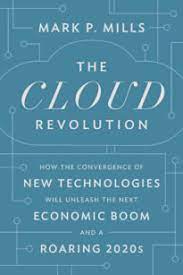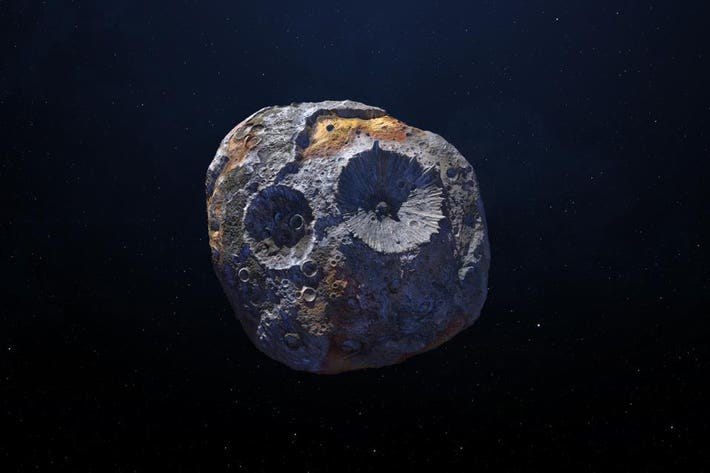The assumption that carbon fuel will recede in the rear view mirror of our shiny new electric vehicles could be mistaken. I first began to question the concept of peak oil many years ago after speaking with experts Albert Bressand and Daniel Yergin, both past guests of this podcast.
Then at a meeting in Washington of the National Association of Business Economists, I wandered into a panel session with Mark Mills. His explanation of the resource issues associated with electrification of the global economy was revelatory. It is not just a matter of sourcing rare minerals such as lithium and cobalt for EV batteries, the problem is how we will dispose of those thousand-pound batteries when they come to the end of their life cycle. One thing he said really stuck with me: “There is no such thing as renewable energy.” Entropy rules in the end. There are realities we must eventually confront in terms of mineral availability and toxicity.
A physicist by training, Mark P. Mills is a Senior Fellow at the Manhattan Institute, and a Faculty Fellow at the McCormick School of Engineering and Applied Science at Northwestern University. I asked Mark to join me on The Hale Report to explain his views on the future of energy and to discuss his book The Cloud Revolution: How the Convergence of New Technologies Will Unleash the Next Economic Boom and A Roaring 2020s
Mark is an expert in all things energy, with a broader focus on the technology of energy and telecommunications. His in-depth knowledge crosses several domains, as you will soon hear. He is a first-rank iconoclast whose opinion I highly value-as do many others.
Although you might imagine Mark is a pessimist based on his views on electrification, he is actually quite optimistic about the future. The thesis of his book is convergence- how microprocessors, materials and machines will symbiotically create a new economic boom. He believes that we are at what is called a Perez irruption point, the end of the beginning of a phase change, named after the economist Carlota Perez.
All of this matters to strategic thinking about business and investment. As I wrote in my post on the economics of space, technology could surprise to the upside, and the constellation of commodities and pricing that exist today could literally be blown away. Consider this tweet from Pippa Malmgren:
Psyche: Asteroid With $10 Quintillion Worth of Metals (Gold, Iron, Nickel, Silicon, Lithium, etc) Edges Closer to US Reach. The NASA Psyche Mission is less than 100 days away. Psyche is scheduled launch atop a SpaceX Falcon Heavy rocket from Space Launch Complex 39A at Kennedy Space Center at 10:38 a.m. EDT (7:38 a.m. PDT) on Thursday, October 5, 2023. The launch window stretches to Wednesday, October 25, 2023.
My takeaway: the geopolitics of oil, energy and commodities could look radically different sooner than we expect. New technologies could change pricing dynamics and the availability of energy to create enormous productivity gains, not just for companies in this space, but for everyone, on a scale similar to the the advent of electricity.
Podcasts on EconVue+ are free to all subscribers. The EconVue newsletter and The China Report are for paid subscribers only. For past issues please click on this link. For subscription information:














